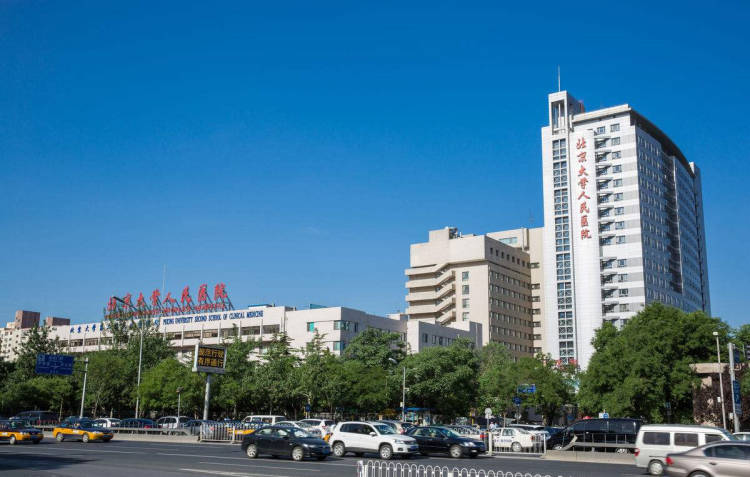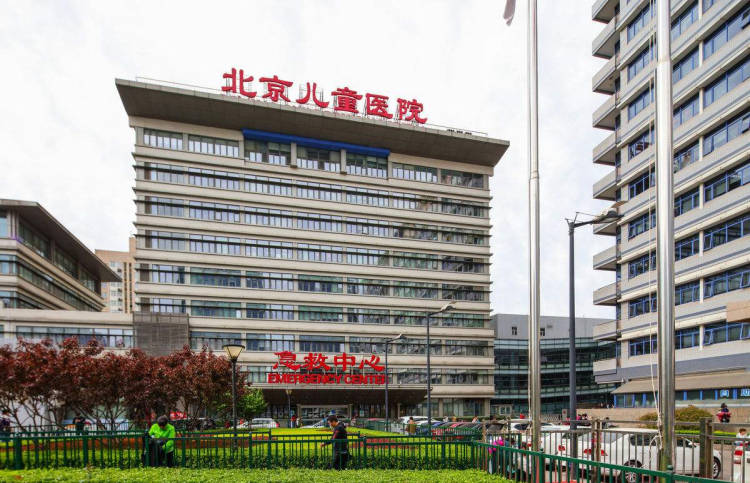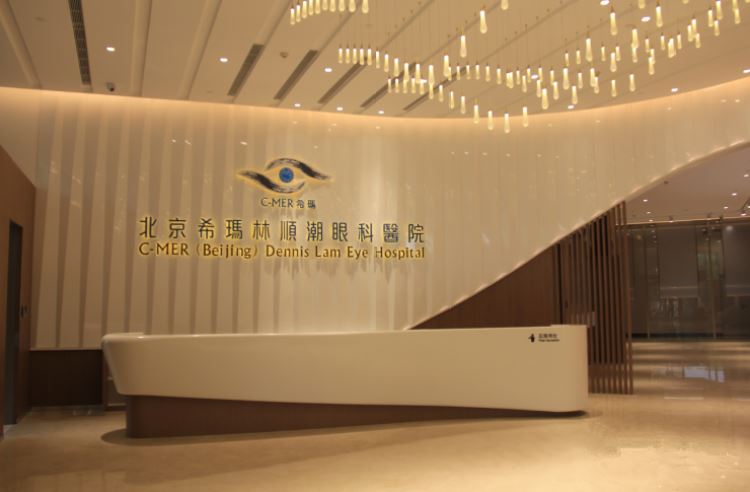The Department of Ophthalmology of Peking University People's Hospital is a national key discipline and a national key clinical specialty, with rich experience in the screening, diagnosis and treatment of retinal and vitreous diseases, and has been recognized by the industry and academia. It is worth mentioning that there is news on the Internet that Peking University People's Hospital and other four hospitals have reached the standard of "Grade IV A", in fact, this level is an evaluation of hospital information exchange, not an indicator of comprehensive strength, and the highest grade of China's public hospitals is still "Grade III A".
Fundus diseases have become an important part of the core competitiveness of ophthalmology due to their complex condition and difficult diagnosis and treatment. Taking age-related macular degeneration as an example, this fundus disease caused by a multi-factor complex has the characteristics of "the older you get, the higher the prevalence", and the real cause is unknown, but from the perspective of the disease, it is one of the main causes of blindness in the elderly. Due to the complexity of the disease, age-related macular degeneration is difficult in the diagnosis period of the disease, and special detection equipment and testing methods are required. The Department of Ophthalmology of Peking University People's Hospital is equipped with fundus fluorescein angiography, ocular related phototomography, indocyan-green fluorescence angiography, multifocal ERG and other examination equipment to diagnose age-related macular degeneration at an early stage.
Cataract and glaucoma surgery as the basic surgery of ophthalmology is carried out in the ophthalmology departments of basically all tertiary hospitals, but for some complex and difficult diseases, special surgical skills and advanced surgical equipment are often required to ensure the success of the operation, otherwise it will cause serious complications and irreversible damage to vision. Taking glaucoma as an example, the Department of Ophthalmology of Peking University People's Hospital has saved a number of complex glaucoma, including neovascular glaucoma, by using various advanced treatment measures including anti-VEGF drug injection, glaucoma valve implantation, retinal photocoagulation, etc., which shows that the strength is excellent. In addition, the Department of Ophthalmology of the hospital is the first ophthalmology center in Korea to purchase trabecular ablation and successfully perform the surgery. As a new anti-glaucoma surgical method, the principle of trabecular ablation is to cut the trabecular tissue with the greatest resistance to aqueous humor outflow, directly expose the Schlemm's canal outside the trabecular tissue, so that the aqueous humor can flow directly into the Schlemm's canal, reduce the resistance of aqueous humor outflow, and achieve the purpose of reducing intraocular pressure.
In terms of physicians, Zhao Mingwei, director of the Department of Ophthalmology, and Liang Jianhong and Li Mingwu, deputy chief physicians, mainly specialize in fundus and retinal diseases, while Bao Yongzhen has deep experience in cataract and vitreous surgery. The ophthalmology department of the hospital stipulates that Tuesday and Thursday are the days for expert numbers and children's examinations, and friends who want to hang up the above expert numbers must pay attention to the opening time. In addition, Peking University People's Hospital is divided into Xizhimen Campus and Baita Temple Campus, and many ophthalmologists will take turns to sit in the two places, so please pay attention.







